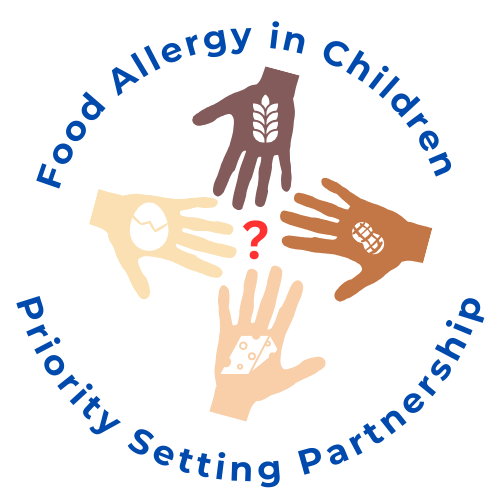
As a practice we see the benefits of supporting health care research. This work seeks to improve the care received and outcomes for our patients.
All the studies that we participate in have received ethical approval, ensuring that the interests of patients involved in are protected at all times.
Some studies are promoted in the practice and on our website for patients to volunteer to be involved in, for other studies we may approach you during a consultation or contact you by letter or text message. Don’t worry, the choice is entirely yours as to whether you want to be involved or not – refusing will not affect the care you receive from us.
Our current, and recent, research interests include
We are part of the Royal College of General Practitioners Research Ready programme and have staff who are trained in Good Clinical Practice in research.


